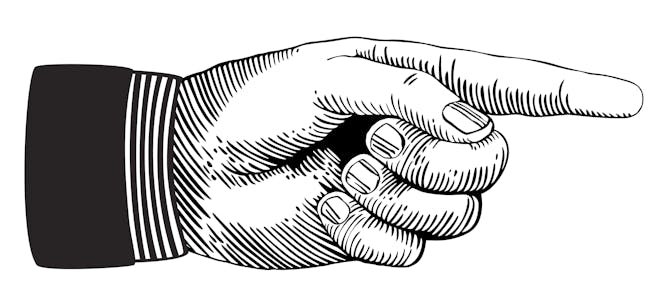Editor's note
|
|
Saul Cornell has studied the Second Amendment and the history of gun regulation for two decades. As he puts it, it’s an irony that both liberals and conservatives see the Second Amendment as a barrier to robust gun regulation. “These beliefs ignore an irrefutable historical truth,” Cornell argues in a 2017 piece that we are republishing because of its timeliness. “While the founding generation certainly esteemed the idea of an armed population, they were also ardent supporters of gun regulations.”
President Trump’s protectionist policies, such as his willingness to abandon multilateral trade deals like NAFTA, have sparked concern that he’s unraveling the U.S.’ legacy as champion of the liberal economic world order. But to Giulio Gallarotti, a professor of government at Wesleyan University, the idea that the U.S. ever was a free trade country is a myth. Even the supposedly free-trading Republicans have pushed protectionism alongside Democrats, and for good reason, says Gallarotti.
Using your index finger to point seems to be a part of human nature, like yawning or smiling. But when psychology researcher Kensy Cooperrider was in Papua New Guinea studying the indigenous Yupna, he noticed that they would often scrunch their noses – in what looked to outsiders like a gesture of disgust – to direct attention to something. Cooperrider tells the story of how he was able to document the prevalence of this nose-scrunching gesture – and how it adds a wrinkle to our understanding of universal human behavior.
|
Emily Costello
Deputy Editor/Politics + Society Editor
|

|
|
Top stories
|

Were muskets in 1777 better regulated than assault rifles in 2017?
Jana Shea/Shutterstock.com
Saul Cornell, Fordham University
A leading historian of constitutional thought says the contemporary Second Amendment debate is founded on serious misunderstandings.
|

Trump has made pushing protectionism since the campaign.
AP Photo/Chris Carlson
Giulio Gallarotti, Wesleyan University
The idea that the US is historically a free trading country is a myth. Here's why that's a good thing.
|

The universal sign for ‘Look over there!’ isn’t so common in some cultures.
Helena Ohman/Shutterstock.com
Kensy Cooperrider, University of Chicago
It was long thought that humans everywhere favor pointing with the index finger. But some fieldwork out of Papua New Guinea identified a group of people who prefer to scrunch their noses.
|
|
|
|
|
Science + Technology
|
-
Lacey Wallace, Pennsylvania State University
Research is the foundation for evidence-based policies. But because of funding prohibitions, there's little US research to inform the contentious debate around gun violence and gun control.
-
Scott Shackelford, Indiana University
An ultra-safe industry has important experience that could help a vulnerable new industry improve its safety.
|
|
|
|
|
|
Trending on site
|
-
Elizabeth Englander, Bridgewater State University
While politicians argue endlessly over gun control, here are 10 practical ways the rest of us can work to prevent school shootings.
-
Davide Tanasi, University of South Florida
Growing grapes and making wine come with a lot of implications about a culture's capabilities. Apparently, Sicily of 6,000 years ago was more sophisticated than archaeologists had given it credit for.
-
Gail Dines, Wheelock College
While parents are growing more concerned about their children's easy access to porn, they often don't realize just how 'hardcore' and violent it has become and how early their kids are seeing it.
|
|
Today’s chart
|
-

 Frederic Lemieux
Georgetown University
Frederic Lemieux
Georgetown University
| |
| |
| |
|
|